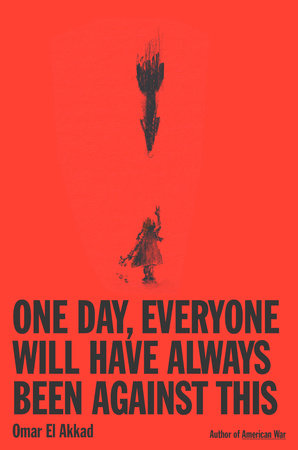More on this book
Community
Kindle Notes & Highlights
Read between
July 22 - July 23, 2025
Rules, conventions, morals, reality itself: all exist so long as their existence is convenient to the preservation of power. Otherwise, they, like all else, are expendable.
Once far enough removed, everyone will be properly aghast that any of this was allowed to happen. But for now, it’s just so much safer to look away, to keep one’s head down, periodically checking on the balance of polite society to see if it is not too troublesome yet to state what to the conscience was never unclear.
James Baldwin said, every subsequent generation’s search for lineage arrives, inevitably, not at a nation or a community, but a bill of sale.
I remember, early in the 2016 election campaign, Donald Trump musing about forcing American Muslims to carry special identification cards—a proposal that is by any honest measure reminiscent of the preamble to some of history’s worst atrocities.
The argument in favor of voting for the lesser evil is frequently made in good faith, by people who have plenty to lose should the greater evil win.
The moral component of history, the most necessary component, is simply a single question, asked over and over again: When it mattered, who sided with justice and who sided with power? What makes moments such as this one so dangerous, so clarifying, is that one way or another everyone is forced to answer.
It’s impossible to do the work of journalism, or at least serious journalism, and not be forced to make some kind of peace with the reality that you will be, many times over, a tourist in someone else’s misery.
It is generally the case that people are most zealously motivated by the worst plausible thing that could happen to them.
What good are words, severed from anything real?
It is, of course, the delusion at the heart of capitalism, the existence of some essential, infinite wellspring of innovation and efficiency such as to make the prospect of equally infinite growth possible.


